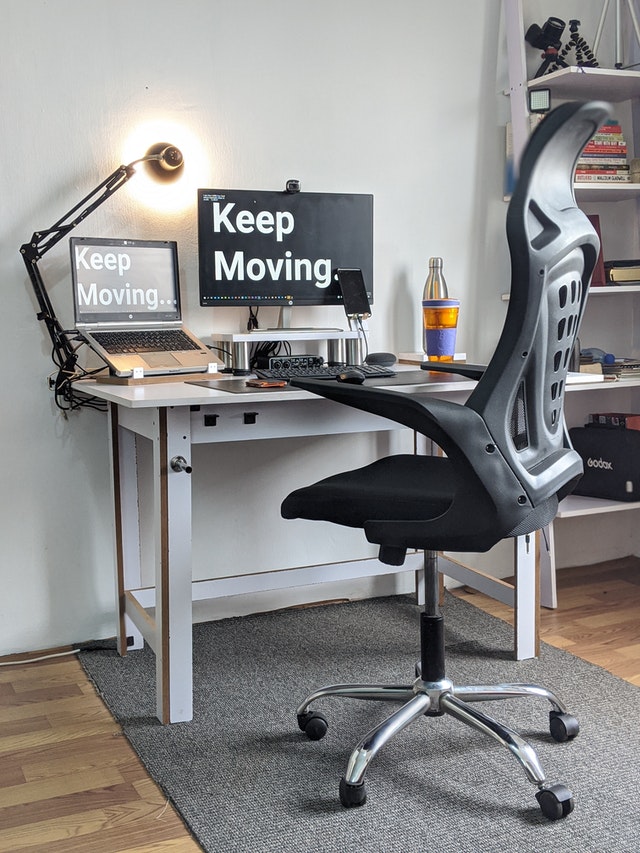Work-Related Repetitive Strain Injuries
Injuries are usually sustained due to repetitive tasks executed over time, without appropriate risk management. Physiotherapists can assist with work-related injuries. At IR Physio, we have a special interest in helping the individual with management.
Read more about…
- Work-Related Repetitive Strain Injuries
- Ergonomics
- Manual jobs/lifting jobs/manual material handling
- Work Place Assessment – Office Workers
Work-Related Repetitive Strain Injuries
Work-Related Repetitive Strain Injuries is the term used for any work-related injuries to muscles, nerves, joints or other soft tissue structures. Injuries are usually sustained due to repetitive tasks executed over time, without appropriate risk management. Repetitive strain injuries in the field of research usually refers to the upper limb and neck area, however desk workers most often complain about upper limb and neck injuries as well as lower back pain. An assessment of the injury can determine the diagnosis, and further management includes the treatment of the soft tissue in question, as well at the complex factors related to the work task. Physiotherapists can assist with work-related injuries. At IR Physio, we have a special interest in helping the individual with management.
Ergonomics
Ergonomics can be roughly translated to the laws of work. This is based on making the person doing the work as efficient as possible, managing the risk for work related disorders, while still maintaining or improving productivity or workload. When this balance is not correct, the individual may be placed at risk of injury. With the demands placed on the individual at the work place, many suffer from overuse injuries due to sustained postures. We are able to assess and give recommendations regarding the individual, the task and the equipment. We ensure that the individual is not placed at risk of injury in order to complete the task at hand. Educating the individuals on the correct ergonomics and their roles is vital to make a change. Even the best set up is ineffective if the user is not educated. Interventions include a complex holistic program.
Manual Jobs/Lifting Jobs/Manual Material Handling
When it comes to moving objects at work, the highest risk factor is related to lower back pain. Most blue collar jobs entail some lifting, although most occupations require lifting at some point, even physiotherapists can be seen as manual handlers. Addressing the risks and educating the individual on methods to manage the risk can decrease the incidence of injuries and decrease time off work.
Work Place Assessment- Office Workers
Office workers and computers workers have their own risks of pain related to the workplace. The amount of time spent sitting in the same position also increases the risk for pain. Although, as with any disorder, the office worker and computer worker have many reasons and factors that could contribute to their problem. On an individual basis, the physiotherapist can help you with management of your work space, should that be contributing to your pain.
At corporate level ergonomic lectures, on site work station assessments and recommendations can be arranged for the company. Your employees will receive ergonomic advice, with specific attention to their individual needs or requirements based on the assessment done. The most important advice remains to limit/reduce static sitting, and create a balance between sitting and movement.

